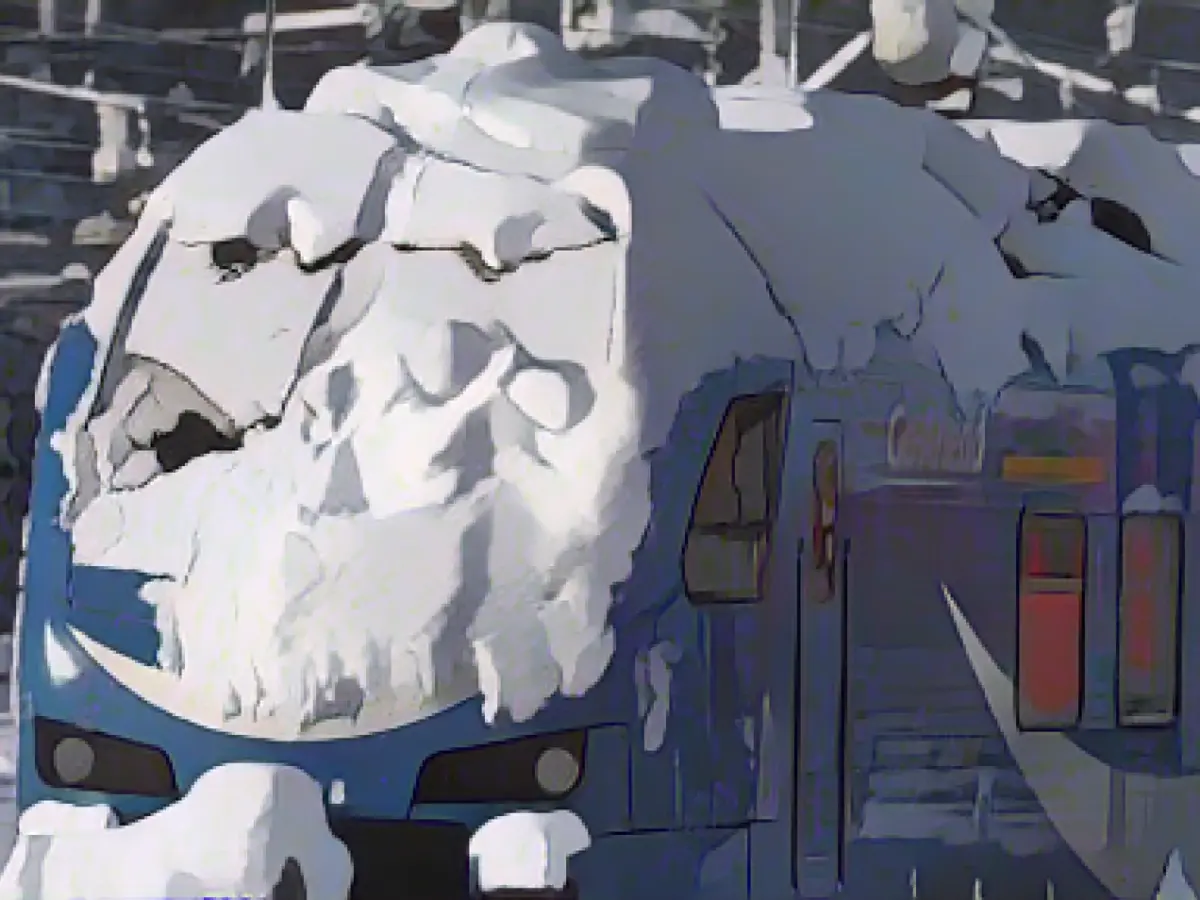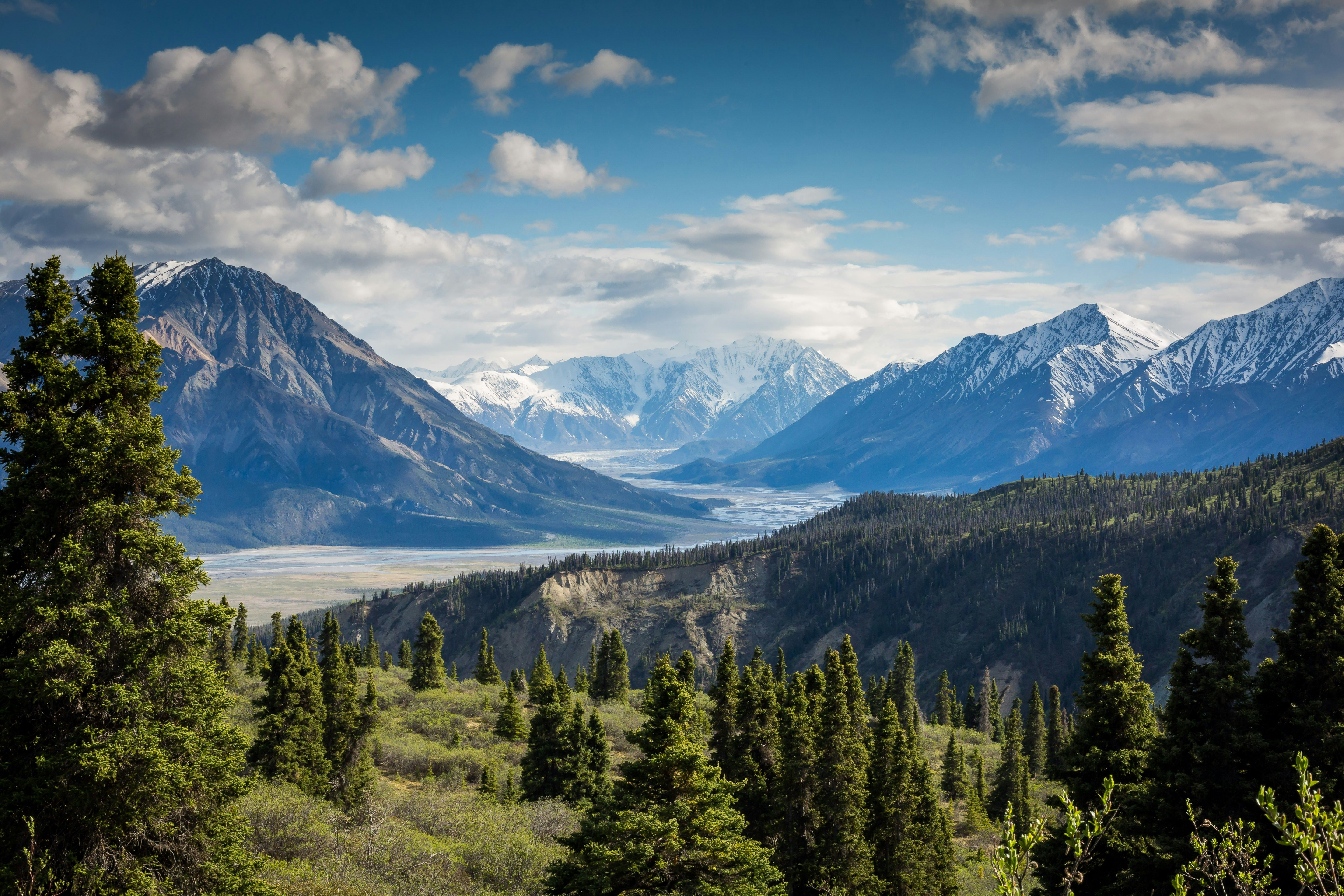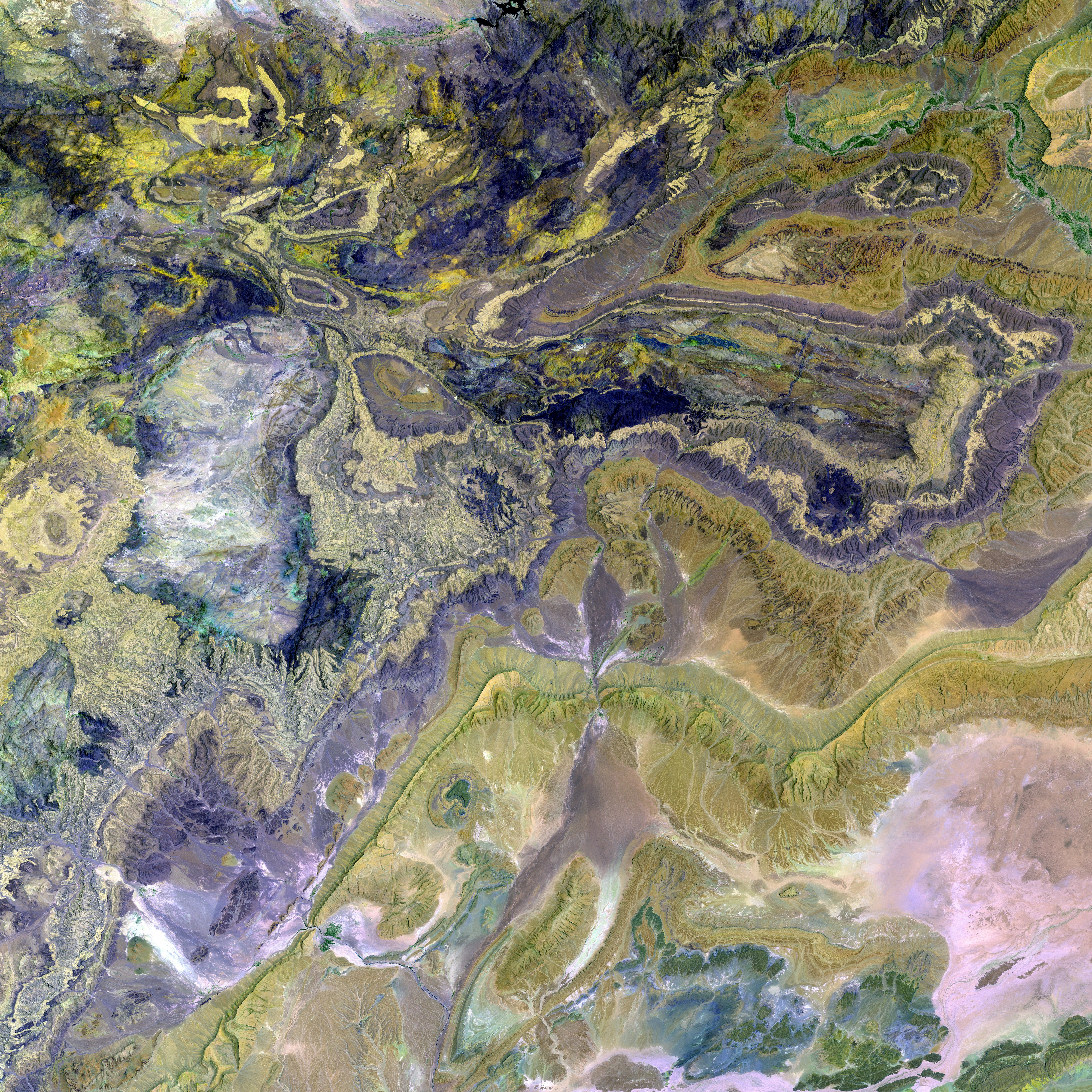Snowy Turmoil - Overcoming Winter's Grasp in Bavaria
The aftermath of heavy winter weather in southern Bavaria left its mark on travelers, commuters, and residents as disruptions on roads, railways, and airports persisted three days later. Nearly 650 flight cancellations, numerous train cancellations, and multiple closed highways made for a challenging commute for many.
In some districts, school children returned home due to school closures, worsening the already ongoing chaos for families. The weather had grown even more unyielding, as Munich Airport shut down operations for several hours due to the threat of freezing rain in the morning. High-speed trains scrambled to navigate snow-covered and icy tracks, especially in the eastern and southern sectors of the state.
The sherpa-like task of restoring some sense of normalcy proved more grueling than anticipated. Train spokeswomen attested to the continuous battle of trees falling under the burden of ice and snow. Electric overhead wires coated with finger-thick layers of ice posed additional challenges, rendering them useless under the accumulated weight. Shuttling trains out of their lengthy standstills to 'thaw' out their machinery represented another hurdle.
In response, Deutsche Bahn dispatched more than 20 snow-melting vehicles to southern Bavaria – an increase in deployment from the original 13 – and called upon neighboring states to lend their assistance with equipment and personnel.By the early afternoon, long-distance trains connecting Munich to Salzburg and Kufstein were back in action for the first time since the weekend, with private railways like the Austrian Westbahn following suit.
Despite these relief efforts, travelers were advised to impede their journeys until Wednesday or beyond if feasible, targeting seating on consistently jam-packed trains. Though local train routes continued to operate with numerous cancellations and delays, the progress was slow, with shoveling teams contending with snow, slush, and ice that froze in their pathway. Even a derailment occurred during the clearing operations, complicating matters further.
Beyond the train woes, the MVG (Munich Transport Company) had to navigate separate challenges with its overhead tram lines. Thick ice coating entangled overhead lines compromised the flow of electricity and necessitated efforts to clear snow and ice from various areas.
On a grim note, winter's icy embrace claimed two lives in accidents on Bavarian roads, and Munich's eastern bypass of the 99 freeway was completely closed during rush hour. At times, it returned to life after moments of unrest but then struck again, creating a tortuous string of obstacles throughout the day.
In an effort to address the unwelcome upheaval, State Chancellor Florian Herrmann called for further scrutiny of the rail chaos. Herrmann articulated the troubling impact on both train and air traffic and pledged to analyze the underlying causes.
Meanwhile, the harsh winter conditions persisted, spoiling the plans of those awaiting expeditious deliveries from DHL and Post. The multitude of parcels and letters stacked in distribution centers due to the suspension on the previous weekend caused significant backlogs, further delaying the distribution of mail in the south of Bavaria.
Some roads have yet to see the warmth of plows, forcing the suspension of service for post and parcel carriers. Letterboxes and even some branches remain inaccessible, adding to the growing complications.
The German Weather Service (DWD) did not indicate an imminent ease in conditions, emphasizing that the winter woes remained a pressing concern. By the evening of Tuesday, the threat of icy roads and snowy walks surfaced again, making the night extra treacherous.
The risks would crop up once more, with potential snowfall and rain projected for the southeastern and northern corners of Bavaria. Munich Airport forewarned further flight cancellations, particularly on Wednesday, while maintaining that a second closure due to freezing rain was unlikely.
And there we were, racing against the relentless grip of winter in Bavaria, hoping to nab a semblance of normality to hold onto.
- Critical Insights:
- Temperature: Temperatures in Bavaria generally hovered between 0 to 10 degrees Celsius, with northern regions enduring colder weather.[1]
- Precipitation: Overcast skies reigned south of the Mosel and Main rivers, with rain sustaining the region, while snow fell in northern and eastern sectors.[1]
Sources:
[^1]: Accurate temperature and precipitation data referenced from Deutsche Wetterdienst, available at
[^5]: Neuschwanstein Castle information provided by and [www.bavaria.by/en/tourism/attractions/neuschwanstein-castle.80.html)








